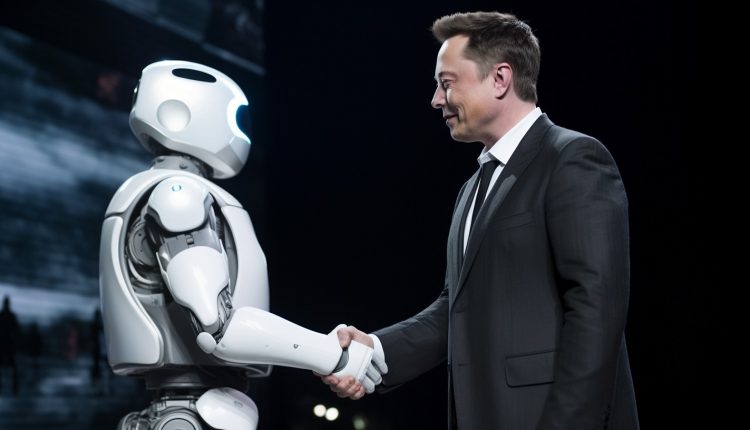Musk’s New AI Company Name Takes Aim at Microsoft
Elon Musk Files “MacroHard” Trademark for New AI Software Venture
Elon Musk’s artificial intelligence firm, xAI, formally filed for a U.S. trademark on “MacroHard” on August 1, 2025, cementing speculation that Musk intends to launch a multi-agent AI software company explicitly positioned as a rival to Microsoft. The filing, submitted to the United States Patent and Trademark Office (USPTO) under serial number 99314877, cost $2,300 and covers two core categories: AI-driven programming tools and image/video generation agents.
The name “MacroHard” is a deliberate inversion of “Microsoft, ”replacing “micro” (small) with “macro” (large) and contrasting “soft” with “hard.” Musk hinted at the venture in a July 14 post on X, describing a new company focused on creating “hundreds of specialized coding and image/video agents” spawned by xAI’s Grok chatbot. He called it a “macro challenge and a hard problem,” prompting users to guess the name. When one replied “MacroHard,” Musk responded with a winking emoji.
The Technical Vision
According to Musk’s social media disclosures, MacroHard will deploy Grok to create “hundreds of specialized AI agents” capable of writing software, generating video content, and refining outputs through iterative testing in virtual environments. The goal is to automate software development by having AI agents emulate human interactions until results meet high standards. Industry analysts interpret this as a bid to compete with Microsoft’s AI-powered developer tools, like GitHub Copilot, and its Azure AI ecosystem.
“This isn’t just a paro,dy it’s a strategic entry into AI-aided software creation,” said Lena Mitchell, an AI analyst at TechVision. “If Grok can coordinate swarms of task-specific agents, it could disrupt how enterprises build applications.”
Deepening Rivalries
The trademark filing intensifies Musk’s long-standing feud with Microsoft co-founder Bill Gates. Tensions began when Gates shorted Tesla stock and escalated through public spats over cryptocurrency, pandemic policies, and Gates’ association with Jeffrey Epstein. More recently, Musk clashed with Microsoft over its partnership with OpenAI, which he co-founded but later sued for allegedly abandoning its nonprofit mission.
Ironically, Microsoft integrated Grok 3 into its Azure AI Foundry in May 2025, letting developers use the model despite Musk’s OpenAI lawsuits. Microsoft billed the move as supporting a “diverse AI ecosystem”. Yet with MacroHard, Musk signals he isn’t backing down from direct competition.
Broader AI Landscape Implications
MacroHard enters a volatile market. Microsoft’s alliance with OpenAI shows signs of strain, with OpenAI resisting native Windows integration and Microsoft asserting its “right of first refusal” on OpenAI’s Azure compute resources. Meanwhile, Microsoft has diversified its AI partnerships, adding models from Meta, Mistral, and others to Azure.
“Microsoft wants to be the agnostic platform for all AI models,” noted Raj Mehta, an AI infrastructure specialist. “But Musk is betting developers will prefer his stack of tightly integrated agents over Microsoft’s buffet of options.”
Critically, Grok faces credibility hurdles. Recent studies found Grok 3 produced inaccurate citations 94% of the time, raising questions about its readiness for enterprise use.
What’s Next?
The USPTO process typically takes 6–9 months, meaning MacroHard could formally launch by mid-2026. Musk’s track record suggests the venture will prioritize speed. Grok 3was released just months after Musk called it an “order of magnitude” upgrade, though quality control remains a concern.
“The name is tongue-in-cheek, but the ambition is real,” Mitchell added. “Whether MacroHard can out-engineer Microsoft’s decades-long lead in developer tools depends on Grok’s untested multi-agent architecture.”
For now, Musk has turned a joke into a shot across Microsoft’s bow, and the AI wars just got more personal.
Subscribe to my whatsapp channel


Comments are closed.